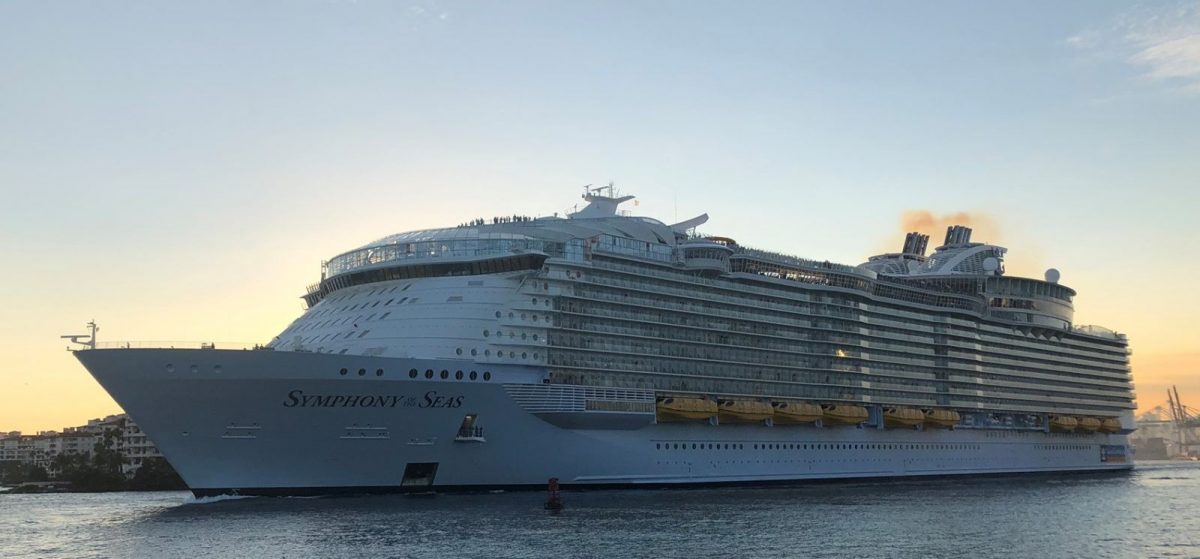Would tourists pay $11 for a carbon-free holiday?

Dan Scott University of Waterloo
Emissions could be eliminated for a small cost says new study
The damaging effects of CO2 emissions from tourism could be eliminated if travelers paid just US$11 per trip, according to a new study published in the Journal of Sustainable Tourism.
Global tourism is largely dependent on fossil fuel energy, and emits more CO2 than than all but five countries of the world. Recent estimates conclude that tourism, including transport, accommodation, and leisure activities contributed close to five per cent of total human-made emissions of CO2 world-wide.

"A dangerously warming world is not in the best interest of global tourism. Many of peoples’ favorite tourism destinations and activities are at risk to climate change, from the ski industry to tropical beaches, from iconic species to cultural heritage. So investing in low-carbon tourism is really in the interests of both the tourism industry and travellers alike," said Daniel Scott, a researcher in the University of Waterloo’s Faculty of Environment. "We have to ask ourselves, are we willing to pay less than the price of an extra checked bag to ensure future generations can marvel at the sights that inspire us today?"
The new study, led by Scott at Waterloo, found that the most cost effective strategy for the tourism industry to meet the United Nations’ recommended targets of reducing carbon emissions, includes a combination of strategic energy saving and renewable energy initiatives within the industry and buying carbon offsets from other parts of the global economy where emission reductions can be done at less cost.
"The tourism sector has pledged to reduce its CO2 emissions 50 per cent by 2035. Our study demonstrates this is achievable, but will require determined action and significant investment – starting at just under US$1 billion annually 2020s," said Scott. Decarbonizing global tourism represents a long-term investment, but given its tremendous growth, the relative cost is less than 0.1 per cent of the estimated global tourism economy in 2020 and increases to 3.6 per cent in 2050.
Spending by tourists represents the largest voluntary transfer of wealth in the world. This spending is vital to the economies of many countries and creates up to one in 11 jobs worldwide.
"Tourism is how billions of people explore new places and experience new cultures and the natural wonders of this world every year," said Scott, who is also the director of Waterloo’s Interdisciplinary Centre on Climate Change. "Tourism can be a force for immense good, but it needs to be done within the carbon limits being negotiated by world leaders at the UN climate summit in Paris or else it will be regulated to do so."
The study, co-authored by researchers from Lund University, the University of Canterbury and NHTV Breda University, also looks at the risks of not taking action on climate change.
As global leaders gather in Paris seeking a much-anticipated agreement to keep global warming to no more than two degrees Celsius above pre-industrial levels, nations face increasing pressure to reduce emissions and contribute to decarbonizing the global economy.
"It is not peak oil that is a risk to future tourism development, but peak carbon," said Scott. "Our analysis shows that the tourism sector can be compatible with a decarbonized global economy, if governments and business leaders show collective leadership to make it happen.":
Said tourism and climate change specialist Stefan Gossling "Tourism is the one economic sector that becomes increasingly unsustainable. Many stakeholders seem to believe that this can be resolved by technological innovation, but there is no scientific evidence for this."
"The most important measure for policy makers would thus be to increase energy prices, or to charge a tax that will make the sector’s emissions develop in line with global climate mitigation goals."
"The price for this is surprisingly low: for only USS11 per trip, tourism could decarbonize."
"Most people would think this is an acceptable price for a sustainable future."
The full paper is available HERE
Valere Tjolle
Green Tourism Showcase launched:
Green holidays – life enhancement guaranteed:
Mass Tourism, mass marketing massacre:
 United Kingdom
United Kingdom United States
United States Asia Pacific
Asia Pacific












































CLIA expands trade support with expedition event
Qatar Airways adding Manchester flights
Jet2 unveils Samos as new Greek destination for summer 2026
EU entry-exit system delayed again
ATC strike in Greece could disrupt flights this week